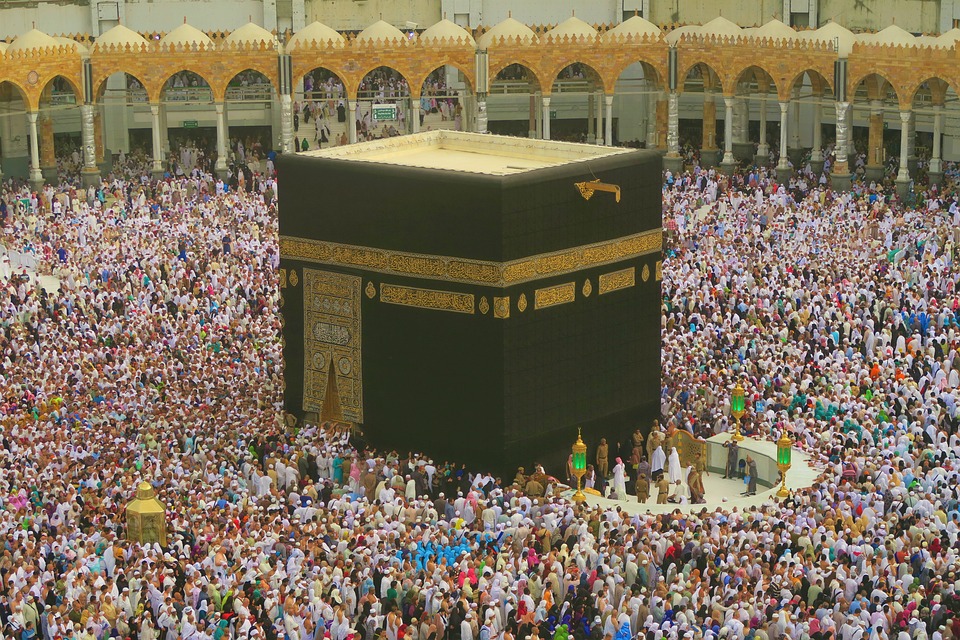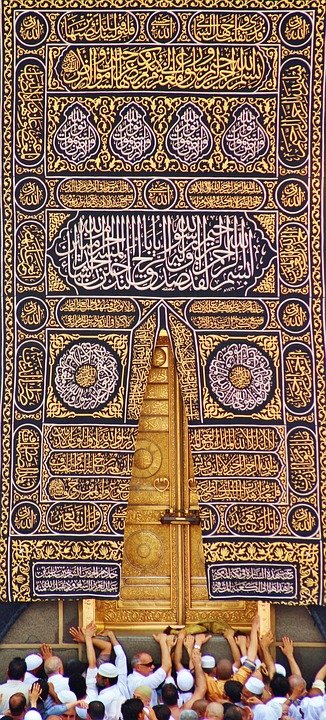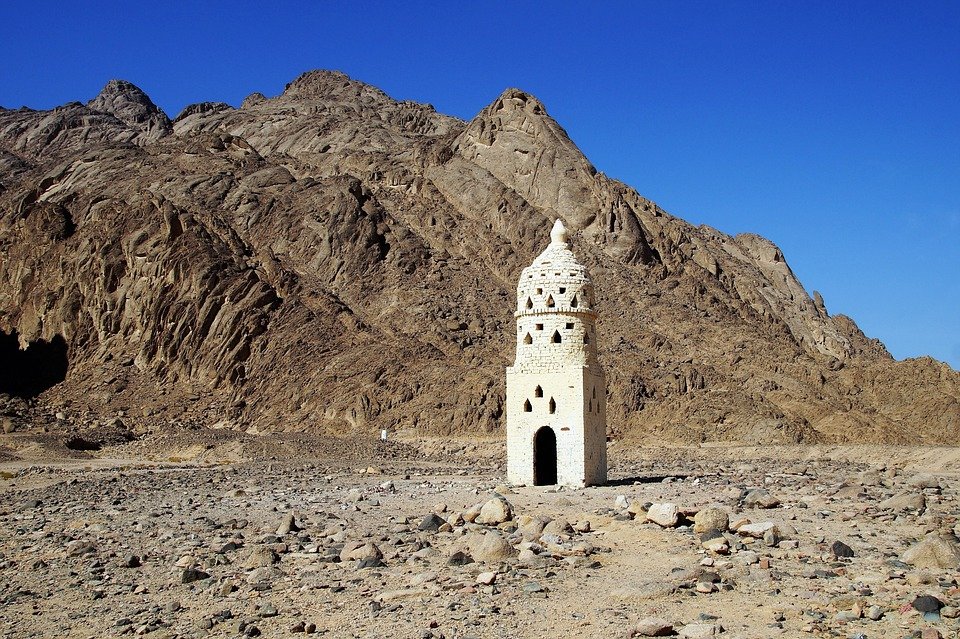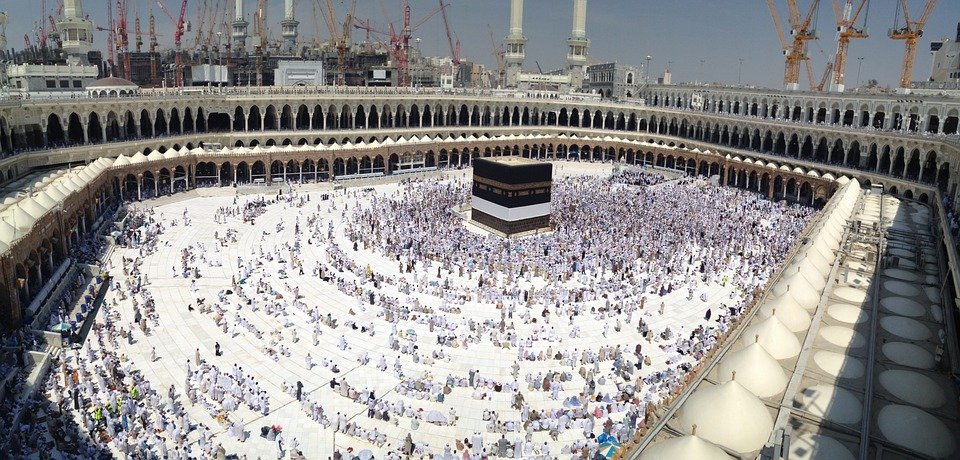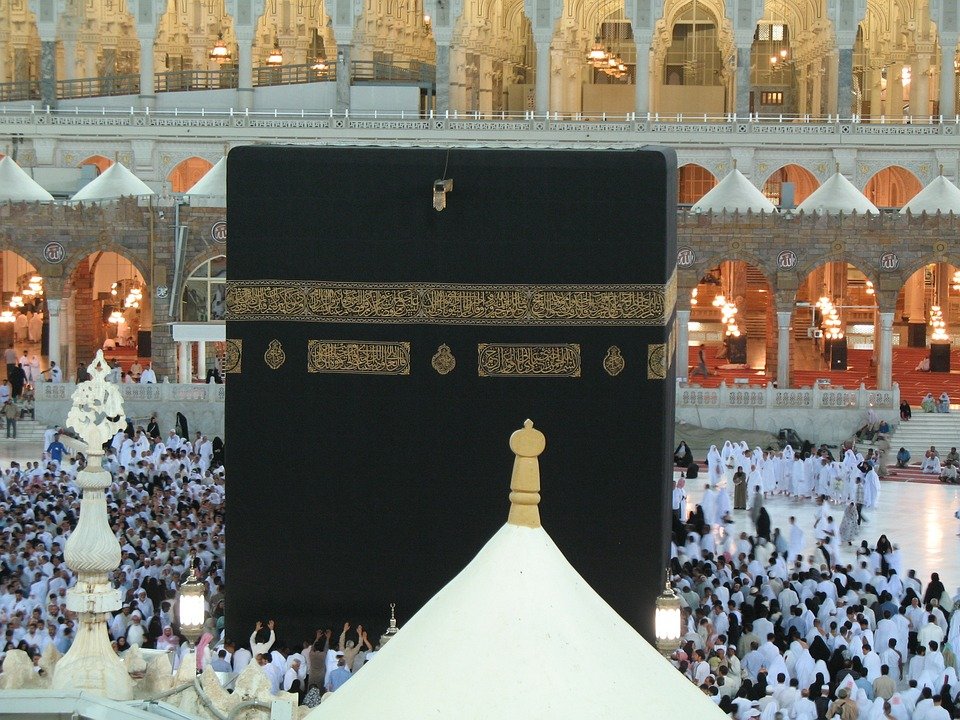How might someone be changed by their experience of Hajj? This profound question invites deep reflection on the transformative power of this sacred pilgrimage. Participating in Hajj is not just a religious obligation; it’s a life-altering experience that often reshapes one’s perspective on faith, community, and personal resilience. In this article, I promise to provide you with a comprehensive guide on how someone might be changed by their experience of Hajj, exploring its emotional, spiritual, and social facets. I think you will find valuable insights that resonate with your own understanding of this important event.
The significance of understanding how might someone be changed by their experience of Hajj cannot be overstated. I feel it plays a crucial role in appreciating the depth of this pilgrimage. By reflecting on the lessons learned and the bonds formed during Hajj, we can better grasp its impact on one’s life. Our expertise at Airlinkhajjandumrah.com, built over nine years in the Umrah and Makkah, Madinah travel field since 2016, positions us to offer informed perspectives on this topic. Together, we can explore the nuances of personal transformation through Hajj and what it truly means for those who undertake this sacred rite.
Understanding Hajj: A Spiritual Quest
Hajj is one of the five pillars of Islam, representing a powerful spiritual pilgrimage to the holy city of Makkah. Every year, millions of Muslims travel to partake in this significant act of worship. It’s not just a trip; it’s a profound experience that has the potential to shape one’s life fundamentally. Many view it as a chance to seek forgiveness, cleanse their souls, and connect with Allah in a deeply meaningful way.
During Hajj, the rituals performed hold immense significance. From standing at Arafat to circling the Kaaba, each moment is filled with reverence and introspection. Participants often describe feelings of tranquility and immense joy. In my opinion, the atmosphere of devotion surrounding Hajj encourages everyone to reflect on their lives and their relationships with others and with God. It feels as if the essence of faith surrounds you, creating an ambiance of peace and unity among pilgrims from all walks of life.
Unity in Diversity
One of the most remarkable aspects of Hajj is witnessing people from all over the world coming together with a shared purpose. When we gather in Makkah, wearing similar simple garments, it beautifully symbolizes equality. No one stands above another, regardless of social status or nationality. This profound unity has the power to break down barriers, fostering a sense of camaraderie amongst pilgrims.
In the crowds, there’s a collective spirit that inspires everyone. You can engage in conversations with people from different cultures, sharing stories and experiences. I feel that listening to others enhances our understanding of the world. It can change how we perceive our own lives and beliefs. For many, this experience encourages kindness, compassion, and a willingness to embrace differences. It helps us realize, perhaps for the first time, how interconnected we truly are.
A Lesson in Patience
Patience is a fundamental quality that Hajj teaches. Pilgrims often face long queues, challenging weather, and shifting crowds. Yet, instead of succumbing to frustration, they learn to embrace calmness. Each challenge presents an opportunity to cultivate patience, which is essential in our day-to-day lives.
Experiencing discomfort can lead to growth. You might find that moments of irritation during rituals, such as the extensive waiting periods, allow you to see things from a different perspective. In my opinion, during Hajj, practicing patience transforms into a spiritual exercise, fostering a deeper bond with God. Learning to remain steadfast in the face of difficulty can lead to personal strength, creating resilient individuals who develop newfound confidence.
Self-Reflection and Introspection
The act of pilgrimage encourages profound self-examination. In the stillness of prayer, surrounded by the vastness of Makkah, many find clarity about their lives. It’s a chance to consider life choices, relationships, and future aspirations. I think this introspection is vital; it opens doors to thoughts that may have been neglected before. The structured rituals of Hajj offer a framework for contemplation, prompting pilgrims to ask questions about who they are and who they want to become.
Reflecting on one’s actions and intentions lays the groundwork for positive change. Some may feel inspired to mend broken relationships or to pursue goals that promote social good. As pilgrims emerge from the experience, they quite often carry a renewed purpose, determined to enact positive changes in their own lives and the lives of those around them.
The Gift of Forgiveness
Hajj serves as a perfect opportunity for seeking forgiveness, both from Allah and from ourselves. Many pilgrims arrive carrying burdens of regrets or feelings of guilt. The acts of contrition performed during the pilgrimage help in letting go of these heavy emotions. The atmosphere feels lighter as pilgrims strive for spiritual renewal, repenting for past mistakes.
This emotional release can be liberating. It instills a sense of peace and opens the pathway to healing. I feel that embracing forgiveness fosters stronger relationships, both with God and with others. It allows individuals to move forward, free from the shackles of past actions. Many pilgrims return home imbued with the spirit of forgiveness, ready to rebuild relationships and create a more harmonious life.
Strengthening Faith
The experience of Hajj strengthens faith on a fundamental level. The rituals are deeply rooted in tradition, reminding pilgrims of the historical significance of their actions. Each rite—from the symbolic stoning of the devil to the walking between Safa and Marwah—deepens spiritual ties and reinforces the belief in Allah’s mercy and guidance.
This transformative experience often serves as a catalyst, rejuvenating one’s spiritual commitment. Many describe returning home with stronger faith and a clearer understanding of their purpose. I believe that this renewed zest for spirituality can inspire positive changes in daily habits, encouraging a more devoted approach to prayer and goodness in one’s life.
Conclusion: A Lasting Impact
The experiences and lessons from Hajj often leave indelible marks on those who undertake the pilgrimage. From fostering unity among diverse individuals to enhancing personal qualities like patience and forgiveness, the impacts are far-reaching. The spiritual journey doesn’t end upon returning home; rather, it continues to resonate in everyday life.
I think the transformative power of Hajj encourages pilgrims to become advocates for peace, compassion, and understanding in their communities. It fosters a sense of responsibility to live out the values learned during the pilgrimage. Thus, the experience of Hajj can be a catalyst for growth, driving individuals toward a more fulfilling and purposeful existence, no matter where they find themselves after this extraordinary event.
Mushu, an experienced Saudi Arabia traveler and writer, shares insightful tips and spiritual reflections to enhance Hajj and Umrah journeys for fellow pilgrims. He has been to Makkah and Madina from 2016 to 2023 many times and his posts will reflect this.


